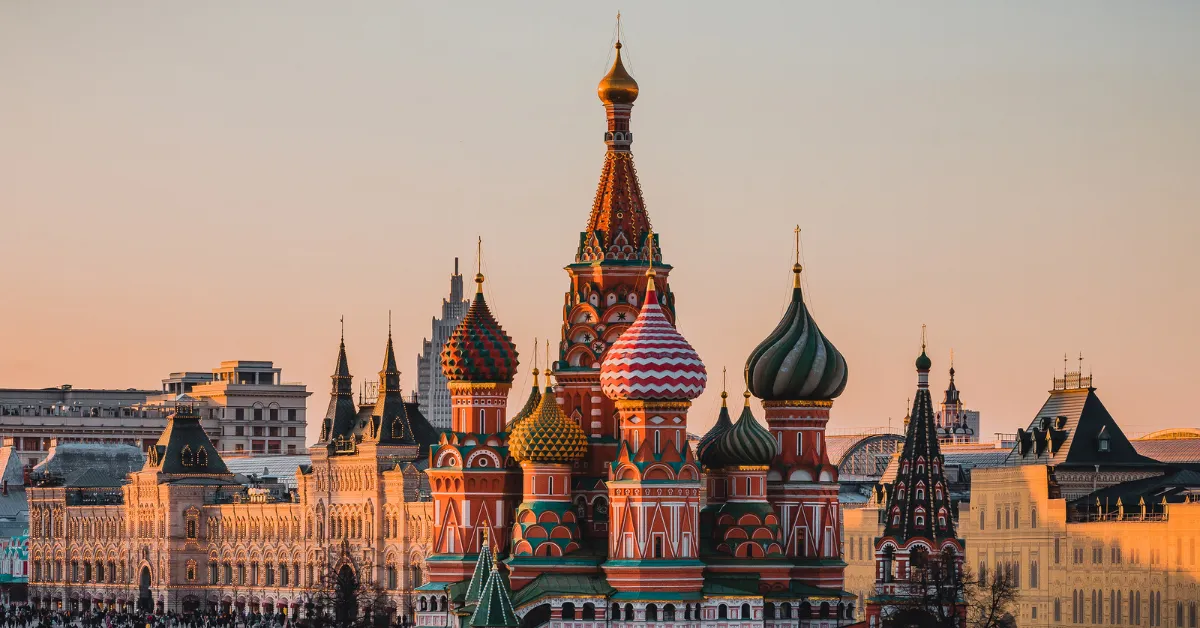European Union (EU) foreign ministers are gathering this week, and are expected to back the suspension of the bloc’s visa facilitation agreement with Moscow.

This is happening because several EU countries threatened to close their borders to Russian visitors. These threats are a direct stand against the Putin war with Ukraine.
Some EU countries have refused entry to Russian tourists since Putin began invading Ukraine in February 2022. These include the Czech Republic and Poland. The governments of these nations have ordered that the EU issues a blanket ban on all Russian travel within the union.
This came after a plea from the president of Ukraine — Volodymyr Zelenskyy. The president asked for the borders to be closed and for Europe to ban all Russian tourists “until they change their philosophy.” He also said that those under Putin’s reign can “live in their own world.”
The 2007 deal allows free movement between all EU nations. However, EU officials plan to suspend visa facilitation between the union and Russia while the war is ongoing, as a clear sign of its support for Ukraine and opposition to Putin’s invasion of the country.
However, it is unclear as of yet whether all EU visas with Russia will be suspended, or whether there will be a severely limited number granted. What is also unclear is whether these sanctions will extend to Belarus — a country that stands in support of Putin’s invasion.
Countries within the European Union have opposing views, with the German government advising against an outright ban.
However, Finland, Poland, and the Baltic countries all wish to stop Russians with tourist visas from entering their nations. This would be detrimental for holidaymakers, who use these countries as a portal to access the rest of Europe since air travel between Russia and the EU is already prohibited.
30% of Russian tourists are currently entering Europe through Estonia.
It is worth noting, however, that even the countries who are in support of a total ban on Russian tourism, believe exceptions should be made for asylum and humanitarian purposes.
Also, those who are against Putin’s reign will be allowed to flee the nation and seek refuge elsewhere.

